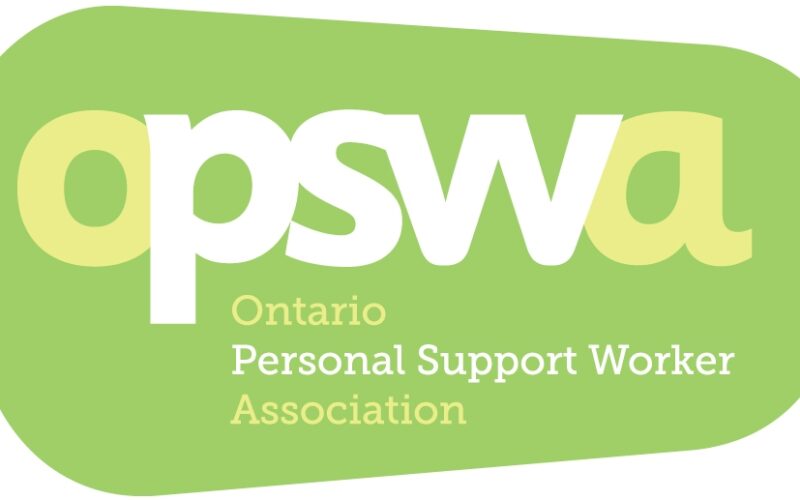What is a PSW? (Brenda Bondy-Caldicott)
A PSW is a caregiver who provides help to a person needing assistance from the effects of aging, disability, illness, etc., often under the direction of registered staff.
The age of a client or patient can range from infant to elderly. The care provided can be respite for the family of an ailing family member or a disabled client needing assistance with ADLs (activities of daily living). The care can take the form of safety supervision, medication reminders, as well as ongoing nursing duties such as medication administration to tube feeds to catheter care to dressing a wound. Sometimes, the Caregiver will have a care plan that’s been drawn up by a Registered staff. Sometimes its running the home with delegated tasks on an ongoing basis under the supervision of an office that has a registered nurse, who will then sign off on a transferable task so it can be provided by a PSW.
The location can be in the community, in the client’s home, in a long term care facility, a retirement home setting, a hospice, or even in a hospital that provides care to mental health patients.
There is the certificate to become a PSW. Additionally, there is a Palliative Care Certificate, Mental Health Nursing for Unregulated Worker Certificate, Medication Administration Certificate There’s a lot of upgrading courses available on Dementia, Catheter Care, Gentle Persuasive Approach Certificate, Non-Violent Crisis Intervention, Alzheimer’s Information Series, MS Society Course, and Oral Hygiene Courses, among others.
A PSW must possess a desire to be the difference in someone’s life. A PSW must have good interpersonal skills, and always be ready for a challenge. The care provider must be effective in time management, managing stress, be compassionate and patient, be knowledgeable, and believe in life-long learning. A PSW must be able to follow direction, but also be an effect caregiver and be a good independent thinker. A PSW must be trustworthy and reliable as we are as much the clients support as one’s own family and we are in their home, so it is expected we are respectful of their identity, beliefs, values, and individuality, in order to preserve the clients’ dignity.
A PSW is not a job or a title. It is being the difference and having empathy for a client and providing the care needed, and treating people as we would hope to be treated ourselves. It is not about a pay cheque; it is about being the difference in someone’s life. It is an honour to be trusted to provide that care and a PSW should never think they’ve learned it all. It is also about learning from people, forming professional relationship boundaries, being an effective caregiver, as well as taking on new challenges and believing in life-long learning.
